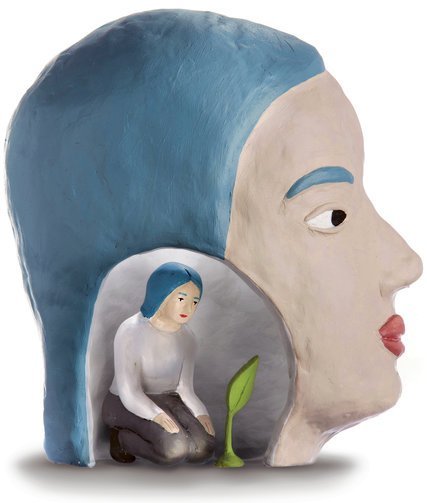by David Brooks When you meet someone that truly inspires you and you deeply admire, many people may wonder how this individual became such an upstanding person. David Brooks, an author for the The New York Times, wondered this same thing when he came across people in his life that radiated goodness, gratitude and virtue. Brooks came to the conclusion that “wonderful …
Three Sources of Moral Obligations: The Root of Business Ethics
Updated December 13, 2017 Duty: The Root of Ethics A duty is an obligation to act in a certain way. Though duties arise from various sources, all duties have a moral dimension. Duties create obligations and expectations. Companies, for example, have many duties including an obligation to treat customers and employees fairly, to assure that their products and services are …
Virtue
Like other terminology of ethics, the term virtue can be used in non-moral and moral senses. Certain positive traits we call virtues such as prudence, cheerfulness, sense of humor, frugality, and cleanliness are prized not because they demonstrate morality but because they tend to lead to personal happiness and success. In the context of ethics, virtue refers to moral excellence …
“Ought” Versus “Is” Ethics
Many debates about ethical issues become bogged down in a fundamental confusion caused by two very different ways in which the term ethics is used. In most cases, ethics refers to notions of moral obligation, ideas and beliefs about what people should do — the “ought.” Often, however, the term is used simply to describe what certain people or cultures …
Fairness
How old were you when you first experienced the sting of injustice? Perhaps you were blamed for something you didn’t do or excluded from a club or team because someone didn’t like you? Perhaps you were given a lower grade than you deserved because the teacher had it in for you. Or did you ever experience frustration and moral indignation …



